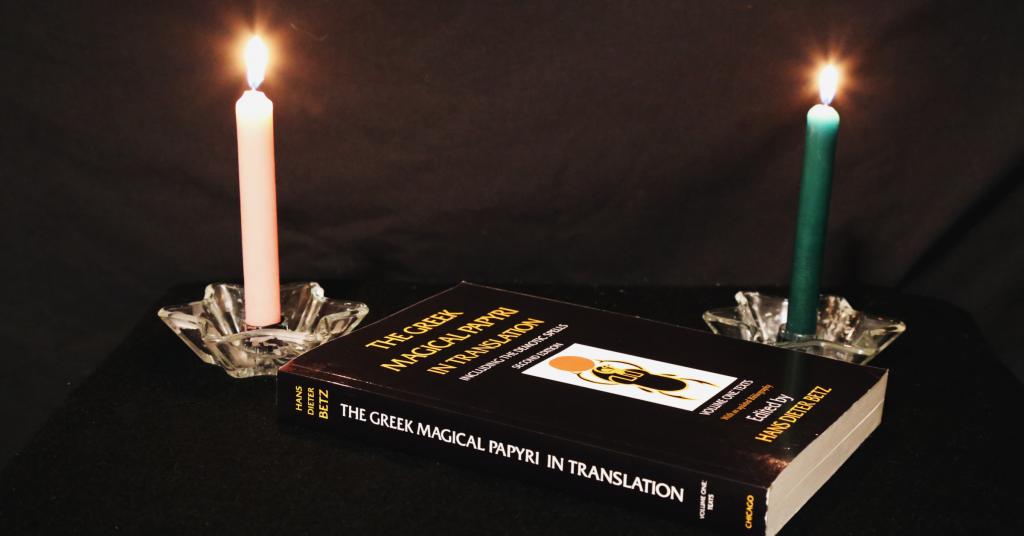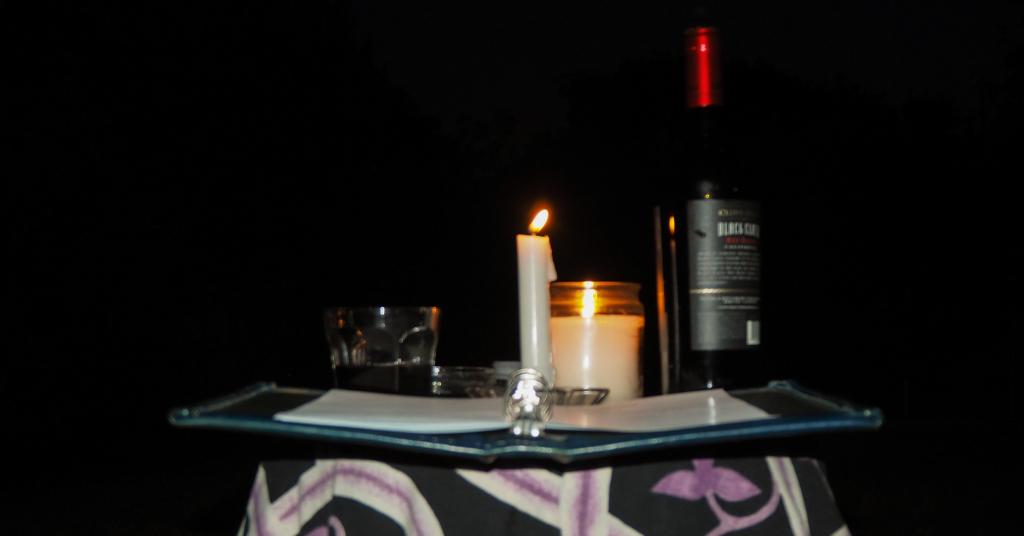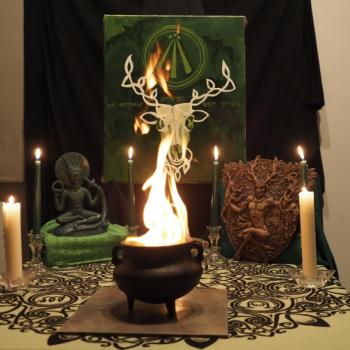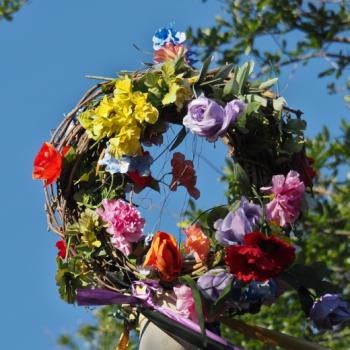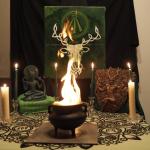I saw an interesting question on Twitter over the weekend – another one that can’t be answered in 280 characters.
To my fellow occult practitioners: do you think overly structuring your rituals undercuts the creation of the liminality that’s needed for the manifestation of phenomena? Or is it better to feel your way through and do whatever feels right in the moment?
I don’t call myself an occultist – I’m a Druid and a priest. But I’m also an active magician, and I’m familiar with contemporary occultism. There’s more than enough overlap between what I do and what occultists do that I think my experience is relevant to this question.
And while I’m making disclosures, let me say something those of you who’ve worked with me in person know very well: I like order – a lot. I like scripts. I like to go into a ritual knowing who’s going to do what and when they’re going to do it. Unscripted rituals invite chaos into the circle, and I don’t like chaos.
That said, I serve a God of the Wild, and He only tolerates my obsessive orderliness so much. In some rituals, He’s made it clear that “and this is where what will happen, happens.”
A magical working is not a ritual of worship and vice versa, but they’re both rituals – a set of actions designed to produce a result. That result may be “the manifestation of phenomena” or it may be a strong and reciprocal relationship with a deity, but either way a ritual has a desired result. That makes it possible to see whether or not what we did actually worked.
This is what I’ve seen work, in my own rituals and in the rituals I’ve participated in.
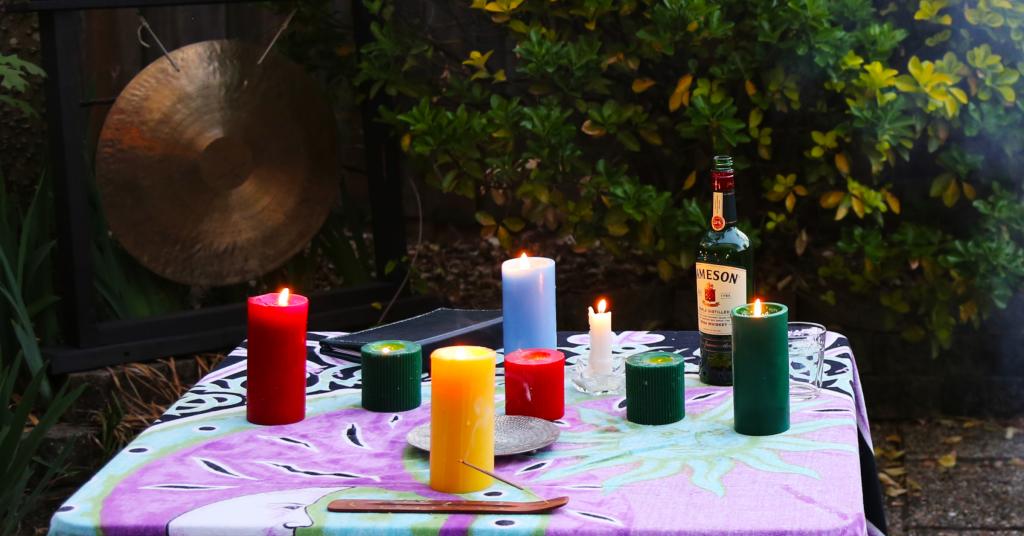
A question of liminality
It’s interesting that the question was centered around the creation of liminality – the “in between” state where magic flows more easily than it does in ordinary space and time. Achieving that state is very helpful when working magic – it’s less necessary but still beneficial in rites of worship.
Part of that is done simply by putting yourself in in-between places. I like to do magical workings right after sundown while there’s still plenty of natural light – a time that is neither day nor night. We cast circles (in part) to put us between the worlds. Magic is especially strong at liminal times of the year: the Solstices and Equinoxes, Beltane and Samhain.
But as the original question implies, there is a personal element to liminality – what puts you in that in-between headspace? For me, it’s a liturgy I know by heart and a script that makes sure I don’t forget anything important. That will get me to the point where I’m confident putting the script down and being open to whatever happens.
For some, working from a script feels forced or fake – it inhibits them from getting into a liminal state. There are many reasons why someone might feel that way – some are more valid than others. Ultimately though, if you do, you do. If you do better work in an unstructured ritual, then by all means work unstructured.
But there are downsides to unstructured workings.
Some rituals have precise instructions
By now I’m sure you’ve seen the cartoon where a magician attempts to summon a demon, but because of poor penmanship he summons a lemon instead. Intention is only the beginning of magic – you still have to do the working. In the end, you get what you do magic for, not what you intended to do magic for.
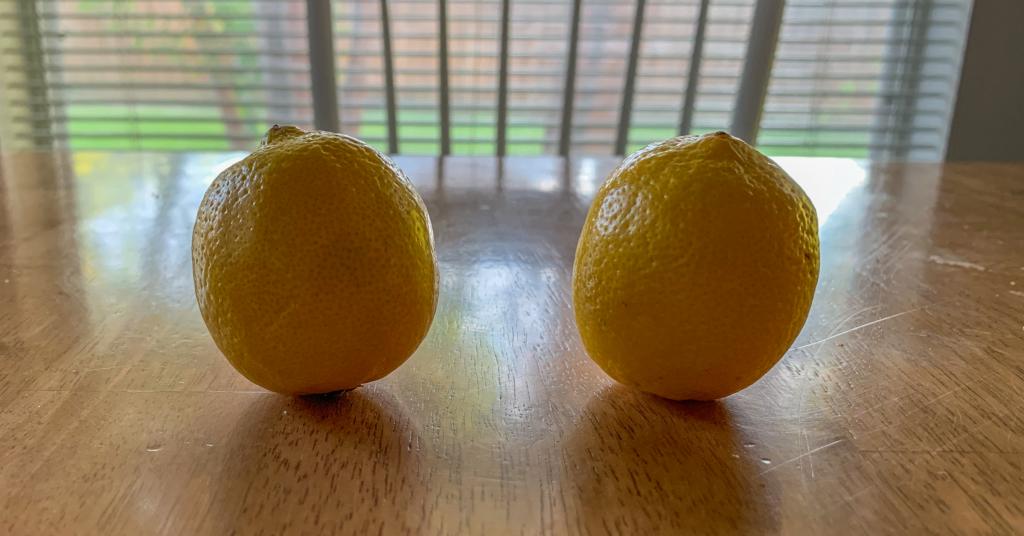
If you’re doing a grimoire ritual or a ritual from the Greek Magical Papyri, I strongly encourage you to follow the instructions as precisely as you can. These rituals were written down centuries ago, by people we assume knew what they were doing. They’ve been performed as written countless times, building up power in them. Why fool around with something that works?
We don’t know how the ancient Druids worshipped their Gods, because they didn’t write anything down. But we know exactly how the ancient Egyptians worshipped their Gods, because they wrote everything down. Sometimes they painted it on a temple wall, other times they literally carved it in stone. A good religion is a living religion and we shouldn’t be bound by our ancestors’ methods, but where we have them, they’re the best place to start.
Even if you strongly prefer unstructured rituals, there are some that require following the instructions.
Liturgy has a purpose
We often think of liturgy as something Christians do, but the word comes to us from the ancient Greek words lēitos meaning “public” and ergos meaning “working.” Liturgy was Pagan long before it was Christian.
Liturgy is what we do and how we do it, at least in a religious setting. Late last year I wrote The Evolution of My Pagan Ritual Liturgy that described why I do what I do in the way that I do it.
I’ve used this liturgy so many times it’s burned into my brain. I don’t need a script to do it. I don’t have all the lines memorized, but I could do a ritual right now with no rehearsal, and so long as I had an idea of what to do for the main working it would likely go off with no problems.
I don’t use all these steps in magical workings… unless I do. But I still have an outline of steps that need to be followed in order to work the magic. Even ecstatic rituals have processes that help get me to the point where I can experience the intimate presence of a deity. All the drumming and dancing going on in a Voudon ritual? That’s not “spontaneity.” That’s the process the followers of that religion have found to be most effective to do what they do.
Learn the rules first
Whether you’re talking religion, magic, art, music, cooking, or anything else, I’ve found it’s always best to learn the rules first. Learn the theory, follow the recipe, practice the basic skills, and such.
The scripts aren’t there to constrain you. They’re there to provide you with the collective wisdom of those who came before you. They let you start on the foundation your ancestors built, rather than having to start from zero and figure out everything for yourself.
Then break them mindfully
Doing the same thing in the same way usually leads to the same results. If you like those results, there’s no reason to change. But if you think they could be better – or if, like me, you’ve got a bit of mad scientist in you and you just want to see what happens – then change something up.
But change it up mindfully: know what you’re going to change and why you’re going to change it. If you’re baking a cake and going off-recipe, adding more sugar or less sugar may a good thing. Adding garlic probably isn’t going to give you the results you want.
But hey, it’s your cake – try it and see. A mistake isn’t a total loss if you learn from it. But I’d rather learn from other people’s mistakes when I can.
Intuition and spontaneity can take many forms
I sometimes hear people say “but I want to be spontaneous” or “I want to stay open to my intuition.” Those are good things (though they’re not the primary purpose of a ritual or working) but they aren’t limited to the actual performance of the ritual.
I can’t tell you how many times I’ve been struggling with a ritual script and all of a sudden, my intuition made a connection and I knew exactly how it needed to flow. I always want to be open to my Gods. When They want something, They’re not shy about letting me know what that is – while I’ve still got time to put it in the script and make plans to do it well.
Some people have the idea that in order to be authentic, magic and worship have to “just come together.” This is a mistake. Authenticity means listening to your Gods and spirits and then following their lead faithfully, whether that lead comes during the performance, during the preparation, or during the initial planning.
Adjust on the fly – when you have to
I’ve yet to do a perfect ritual. I’m going to keep trying, but I don’t expect I ever will. Sometimes I make mistakes. Sometimes my writing isn’t as good as I thought it was. Sometimes a trickster deity decides to show up and insert Themselves into the ritual.
And sometimes the presence of a God becomes overwhelming and you simply aren’t able to do anything but go where They lead.
So we make adjustments.
We relight the candles. We go back and pick up the parts we inadvertently skipped. We pause the ritual and take care of the person the Morrigan just decided to use as a mouthpiece before leaving abruptly.
And then we do what the Great Queen told us to do.
The worst rituals I’ve been to have been those where people tried to wing it and simply weren’t capable of pulling it off. The most disappointing rituals I’ve been to have been those where something major and unexpected happened and the leaders mindlessly kept to their script and wasted an great opportunity.
Write, plan, edit, and rehearse. And then if circumstances change, make adjustments.
Know thyself
Some people need structure to get them in the right headspace. Others need spontaneity. Neither is “best” and both have their place. Know what you need.
And also, know your limitations. I’m fine doing an unscripted ritual in a solitary working or in a small group. For a large public ritual, I need a script.
If I’m doing a magical working, I want to have the whole thing planned out. Magic doesn’t work by intention – magic works by action. Do the spell right and you’ll get the proper results. Do it wrong and you won’t.
To be blunt, some people who call themselves “natural witches” and “born magicians” and such aren’t as intuitive and skilled as they like to think they are. They don’t avoid the hard work of preparation because they’re lazy, they avoid it because they think they don’t need it… and doing it would be admitting that they aren’t “special.”
The good news is that you don’t have to be “special” to be worthy. We’re all worthy. Everyone can worship the Gods. And almost everyone can work magic. The more you practice, the better you get.
And the people who really do have natural talent and who also work diligently at it? They can do amazing things.
Know your needs, know your skills, and know your limitations. And then make the most of them in the way that’s best for you.
The journey or the destination?
As I write this, I’m waiting on a few friends to come over for a Solstice celebration. We’ve planned the dinner menu, but nothing else. I haven’t had time to write a ritual – I don’t know that we’ll even do a ritual. We just felt the need to gather for the Solstice, and so we’re gathering. Whatever happens beyond that is what will happen. I’m good with that – in this instance.
If you’re OK with whatever happens, then feel free to just go with the flow.
If you need a specific outcome, I strongly suggest you know where you’re going and how to get there.


